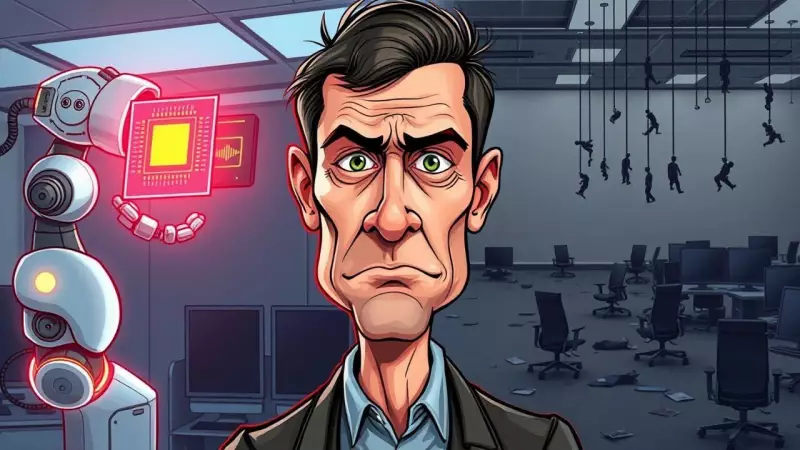
The Indian technology landscape is undergoing a dramatic transformation, driven by the relentless march of Artificial Intelligence. While headlines often scream about AI-induced layoffs, a more complex story is unfolding - one of destruction and creation happening simultaneously.
The Double-Edged Sword of Automation
Across India's major IT hubs, from Bengaluru to Hyderabad, companies are increasingly turning to AI to automate routine tasks. Customer service roles, data entry positions, and basic coding jobs are particularly vulnerable. A recent industry report suggests that nearly 30% of entry-level IT positions could be automated within the next two years.
"We're seeing a fundamental shift in the skills companies value," explains Dr. Priya Sharma, a technology analyst based in Mumbai. "The jobs that involve repetitive, predictable tasks are disappearing, but new roles requiring human-AI collaboration are emerging faster than many anticipated."
Where the New Opportunities Lie
The AI revolution isn't just taking jobs - it's creating entirely new career categories that didn't exist five years ago:
- AI Prompt Engineers: Professionals who specialize in crafting effective prompts to communicate with AI systems
- Machine Learning Operations Specialists: Experts who bridge the gap between data science and IT operations
- AI Ethics Officers: Professionals ensuring responsible and ethical AI implementation
- AI Training Data Curators: Specialists who prepare and manage datasets for machine learning
- Human-AI Collaboration Managers: Roles focused on optimizing teamwork between humans and AI systems
The Indian Context: Challenges and Advantages
India's massive English-speaking workforce and strong STEM education foundation position the country uniquely for this transition. However, the challenge lies in rapid reskilling. Traditional engineering graduates now need additional training in AI tools, data analytics, and machine learning concepts to remain competitive.
"The IT workforce that made India a global outsourcing hub now needs to evolve," says Rohan Mehta, CEO of a Delhi-based tech startup. "Companies that invest in upskilling their employees are seeing the best results in this new environment."
The Future Outlook
Industry experts predict that while AI will continue to displace certain job categories, the net effect on employment could be positive within 3-5 years. The key, according to人力资源 professionals, is proactive adaptation through:
- Continuous learning and skill development programs
- Industry-academia partnerships focused on future skills
- Government initiatives supporting tech education
- Corporate investment in employee reskilling
As India navigates this technological watershed moment, the message is clear: adaptability and continuous learning are no longer optional - they're essential for survival in the age of AI.





